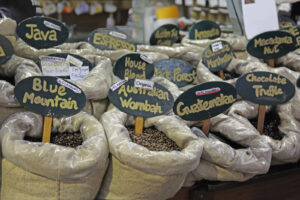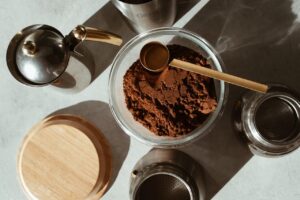The aroma of freshly brewed coffee wafting through your kitchen in the morning is undeniably one of life’s simple pleasures. But have you ever wondered about the shelf life of those little beans that play such a crucial role in your daily ritual? Can coffee beans, those magical nuggets of caffeinated joy, actually go bad?
You might be surprised to learn that the answer isn’t as straightforward as you might think. While they may not spoil in the traditional sense like a carton of milk, coffee beans can indeed ‘go bad’ in terms of losing their flavor and freshness. This is a topic worth exploring, especially if you’re a coffee enthusiast who loves to grind your own beans for that perfect cup of Joe.
How Long Do Coffee Beans Last And How To Store Coffee beans?
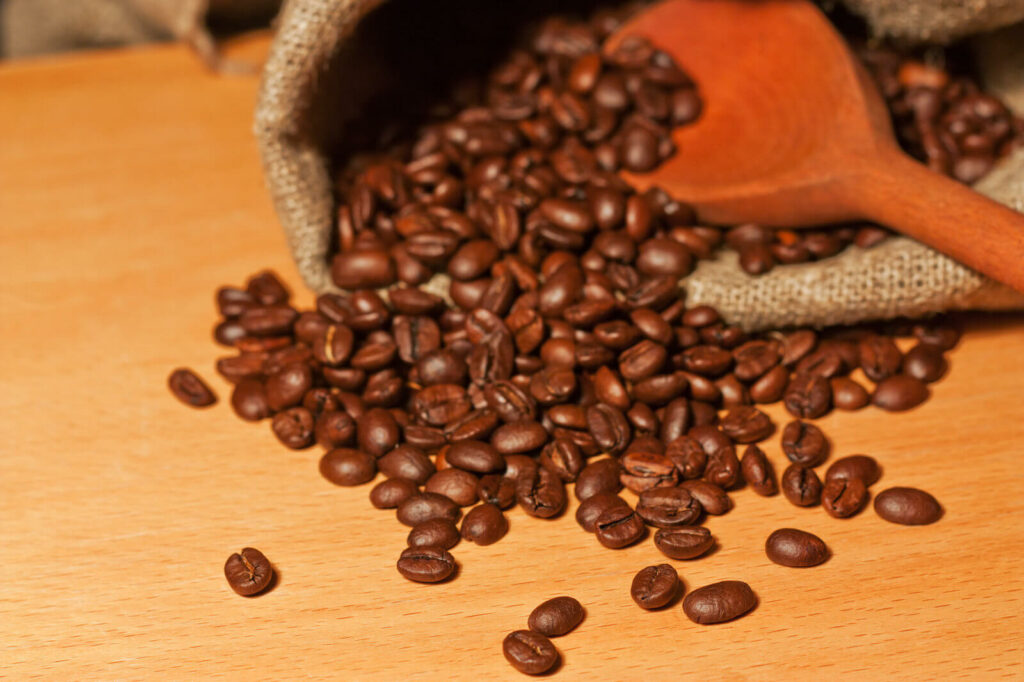
Coffee, the magical elixir that fuels our mornings, afternoons, and sometimes even evenings. But how long do those precious beans that give us our coffee fix last?
The Shelf Life of Coffee Beans
Coffee beans are known for their robust flavor and aromatic scent, but these qualities don’t last indefinitely. Unroasted, or green, coffee beans can maintain their freshness for up to a year if stored in a cool, dry place away from direct sunlight. However, once the beans are roasted, the clock starts ticking.
Roasted Coffee Beans Lifespan
Roasted beans have a shorter lifespan compared to their unroasted counterparts. Typically, they retain their peak flavor for about two weeks post-roasting. After this period, the beans begin to lose their aroma and taste. This doesn’t mean that they’ve gone bad or are unsafe to consume, but the quality and flavor profile will definitely take a hit.
Proper storage plays a critical role in preserving the freshness of roasted beans. It’s best to store coffee beans in an airtight container at room temperature. Exposure to air, moisture, heat, and light can speed up the staling process, leading to flat and flavorless coffee.
How to Make Your Coffee Last Longer
Here are some tips to extend the shelf life of your beans:
- Buy Whole Beans: Whole coffee beans last longer than coffee grounds. Grinding increases the surface area exposed to oxygen, which accelerates oxidation and leads to faster staling.
- Store Properly: Keep your beans in a cool, dark place in an airtight container. Avoid clear containers as they can let in light, which deteriorates the quality of the beans.
- Avoid Fridge or Freezer: Contrary to popular belief, storing coffee in the fridge or freezer can actually harm its flavor. The beans can absorb smells from other foods, and the condensation from the change in temperature can introduce moisture.
- Buy in Small Quantities: Buy only as much coffee as you can consume within a couple of weeks. This ensures that you’re always brewing with fresh beans.
- Check Roast Date: Always check the roast date on the bag before buying. The closer it is to the roast date, the fresher the beans will be.
Remember, the key to a great cup of coffee lies in the freshness of your beans. By following these tips, you can enjoy flavorful and aromatic coffee every day. So, here’s to better, fresher, and more enjoyable coffee moments!
How to Tell if Your Coffee Beans Have Gone Bad?
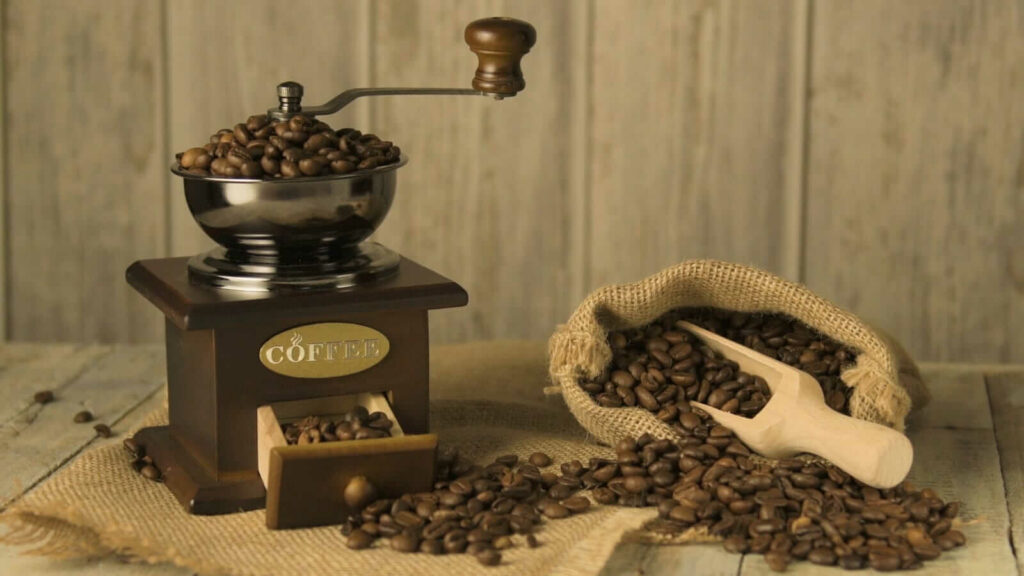
As a coffee lover, you understand the importance of using fresh beans to brew your perfect cup. But how can you tell if your coffee beans have gone bad? What are the signs to look out for, and more importantly, how can you keep your coffee beans fresh for longer? This post will answer all these questions and more.
The Indicators of Spoiled Coffee Beans
- Smell: Fresh coffee beans have a strong, distinctive aroma that is almost intoxicating. If your coffee beans no longer have this aroma, or if they smell like cardboard, they’re probably stale.
- Taste: If your brewed coffee tastes flat, bitter, or sour, it’s likely that your coffee beans are past their prime. Fresh coffee should taste rich, complex, and satisfying.
- Visual Appearance: Fresh beans should be glossy and look plump. If the beans appear dry, dull, or shriveled, they might be stale.
- Texture: Fresh beans are oily to the touch. If they feel dry and brittle, they’re likely not fresh.
Remember, coffee doesn’t exactly ‘go bad’ in a way that it becomes harmful to consume. Instead, it loses its freshness and flavor over time, leading to a less than optimal glass of coffee.
How to Keep Ground Coffee Fresh?
Now that you know how to identify spoiled beans, let’s discuss some strategies to keep them fresh longer.
- Buy Whole Bean Coffee: Whole bean coffee stays fresh longer than pre-ground coffee. Invest in a good coffee grinder and grind your coffee just before brewing for the freshest taste.
- Store in an Airtight Container: Exposure to air is the enemy of fresh coffee. Store your beans in an airtight container to keep them fresh.
- Keep it Cool but Not Cold: Contrary to popular belief, do not store your coffee in the fridge or freezer as the temperature fluctuations can harm the beans. Instead, store them in a cool, dark place.
- Buy in Small Quantities: Coffee starts losing its freshness as soon as it’s roasted. So, buy in small quantities and consume within a month.
- Don’t Leave Coffee in the Grinder: Coffee grounds left in the grinder will go stale quickly. Only grind what you need for each brew
With these tips, you’ll be able to enjoy fresh and flavorful coffee every time. Remember, the quality of your coffee starts with the freshness of your beans, so it’s worth taking a little extra care to keep them at their best. Happy brewing
How to Keep Ground Coffee Fresh?
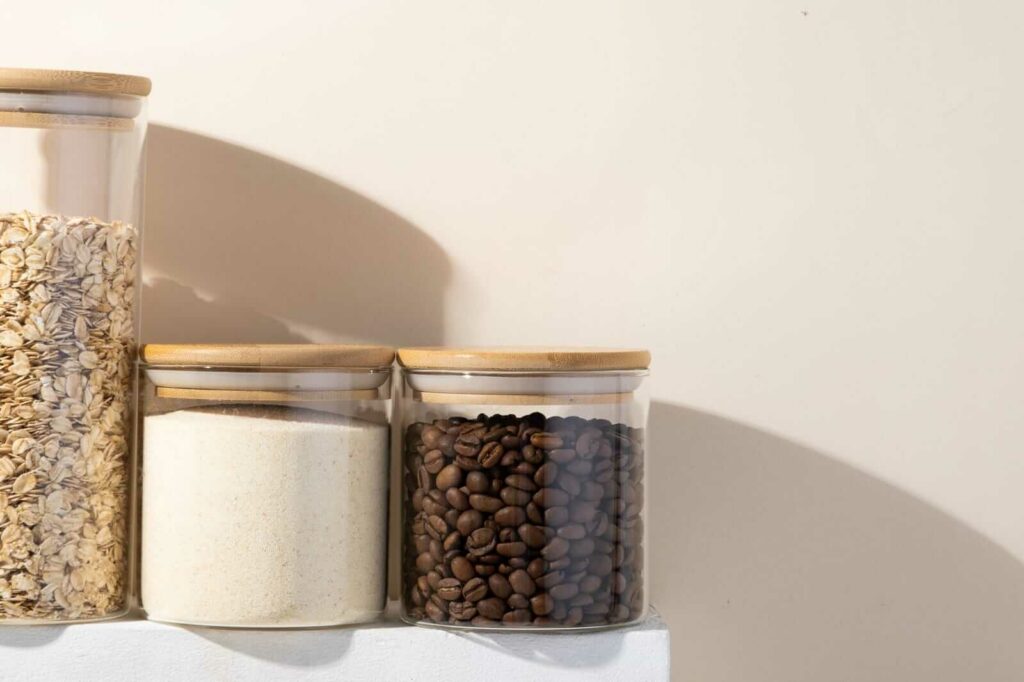
Coffee fans know that there’s nothing quite like the aroma of freshly brewed coffee filling the room. The secret to this sensory delight is not just in the quality of the beans, but also in how those beans are stored. To enjoy your coffee at its best, it’s crucial to keep it fresh and full of flavor.
Buy Whole Beans and Grind as Needed
Whole beans are the gold standard when it comes to freshness. They have a protective outer shell that helps preserve their natural oils and robust flavors. When you grind your beans just before brewing, you release these flavors at their peak, leading to a richer and more flavorful cup of coffee.
Investing in a good coffee grinder and grinding your beans as needed can significantly enhance your coffee’s taste. Moreover, it gives you control over the grind size, allowing you to tailor it to your preferred brewing method.
Store Ground Coffee in an Airtight Container
Once beans are ground, they become more vulnerable to elements like air, moisture, heat, and light, which can degrade their quality. Therefore, it’s essential to store your ground coffee properly.
An airtight container is your best bet for keeping ground coffee fresh. It prevents air from entering and moisture from accumulating, both of which can lead to stale coffee. Keep this container in a cool, dark place, like a pantry or cupboard, to avoid exposure to heat and light.
Avoid Buying Pre-Ground Coffee
While pre-ground coffee may seem convenient, it’s likely been sitting on a shelf for a while, gradually losing its flavor. Remember, once coffee is ground, it begins to stale much faster due to increased exposure to oxygen.
So, if you’re serious about maintaining the freshness and flavorful profile of your coffee, consider buying whole beans and grinding them yourself. Not only will this ensure you have the freshest coffee possible, but it also gives you the satisfaction of being involved in the brewing process from start to finish.
Factors Affecting the Shelf Life of Coffee Beans
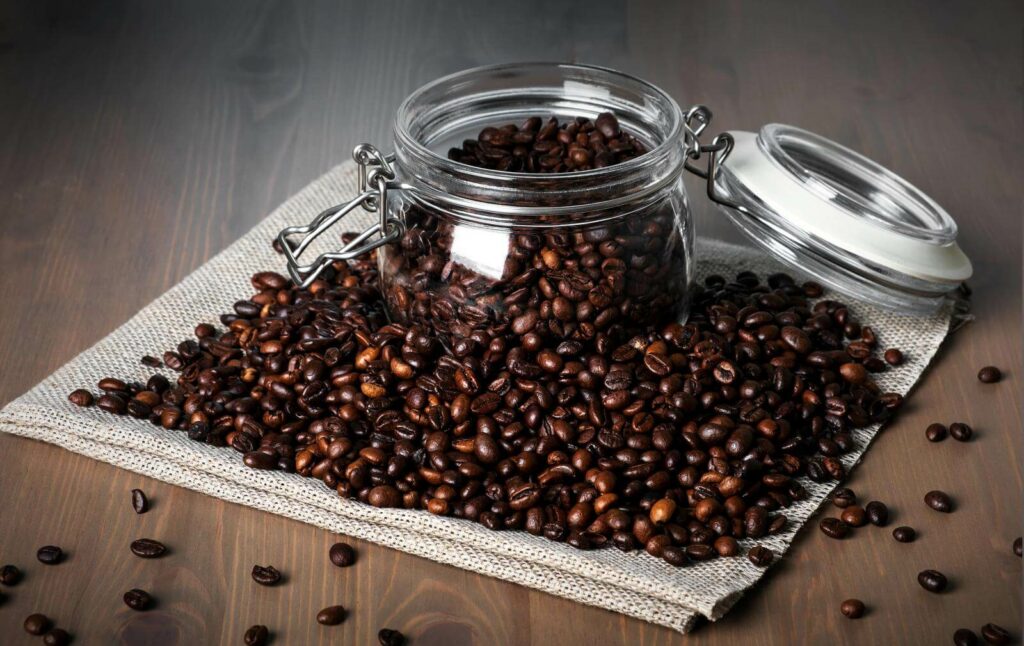
Coffee is a staple in many households around the world. The aroma of freshly brewed coffee can invigorate our senses and kickstart our day. But did you know that the freshness of your coffee beans plays a crucial role in your coffee’s taste and health benefits?
The Health Benefits of Fresh Coffee
Fresh coffee is not only tastier but also healthier. It’s packed with antioxidants that can help fight inflammation and boost brain health. However, these benefits decrease over time as the beans lose their freshness. Hence, understanding the factors affecting the shelf life of beans is essential.
The Roast Level of the Beans
The roast level significantly influences the shelf life of beans. Lighter roasts usually have a longer shelf life than darker roasts because they retain more moisture during the roasting process, which helps preserve their freshness. On the other hand, darker roasts lose more moisture and tend to go stale faster.
However, it’s important to note that the roast level is only one piece of the puzzle. How you store your coffee after roasting also matters greatly.
Exposure to Air, Light, and Moisture
Air, light, and moisture are three enemies of coffee freshness. When beans are exposed to these elements, they undergo a process called oxidation. This process degrades the oils and other organic compounds within the beans, leading to a loss of flavor and aroma.
For instance, a bag of coffee left open on a sunny kitchen counter will likely go stale much faster than one stored in an airtight container in a dark, cool pantry. Therefore, minimizing exposure to air, light, and moisture can significantly extend the shelf life of your beans.
Storage Temperature and Environment
Last but not least, the temperature and environment where you store your beans can impact their shelf life. Ideally, coffee should be stored in a cool, dry place. Extreme temperatures and humidity can accelerate the staling process.
Contrary to popular belief, storing coffee in the fridge or freezer may not be the best option as it can lead to condensation, causing the beans to absorb moisture and odors from other foods.
Maximizing the Shelf Life of Coffee Beans
To ensure your coffee stays fresh for as long as possible, consider the following tips:
- Buy Whole Beans: Whole beans have a longer shelf life than pre-ground coffee. Grind them just before brewing to maintain their freshness.
- Store Properly: Keep your coffee in an airtight container in a cool, dark place.
- Buy Small Quantities: Purchase only as much coffee as you can consume within 1-2 weeks to ensure maximum freshness.
By understanding the factors that affect the shelf life of coffee beans, you can enjoy a delicious and healthful glass of coffee every day. So, here’s to the joy of fresh coffee!
Can coffee beans go bad?
Yes, coffee beans can go bad. They have a limited shelf life and will eventually expire if not stored properly.
How long do coffee beans stay fresh?
The freshness of coffee beans can vary, but on average, whole coffee beans can stay fresh for about 2 to 3 weeks after they have been roasted.
What are the signs that coffee beans are bad?
When coffee beans go bad, they may start to develop a stale or off smell. They can also become dry and brittle, losing their natural oils and flavors.
How can I make coffee beans last longer?
To make coffee beans last longer, it is best to store them in an airtight container in a cool, dark place. Avoid exposing them to light, moisture, and air, as these factors can accelerate the expiration process.
Can I freeze coffee beans to make them last longer?
Yes, you can freeze coffee beans to extend their shelf life. It is important to store them in a well-sealed container or bag to prevent moisture and freezer burn.
How long do roasted coffee beans last?
Roasted coffee beans can last for several months if stored properly. It is best to use them within 3 to 6 months for optimal flavor.
What is the shelf life of coffee beans?
The shelf life of coffee beans can vary depending on factors such as the roast level and storage conditions. On average, coffee beans can stay fresh for up to 6 months, but it is best to use them within a few weeks of the roast date.
Can ground coffee go bad?
Yes, ground coffee can go bad. It has a shorter shelf life compared to whole coffee beans and can start to lose its flavor and aroma within a few weeks after being ground.
Should I buy whole bean or ground coffee?
Whole bean coffee tends to stay fresher for longer since it retains its natural oils and flavors. It is best to grind the beans just before brewing to enjoy the freshest cup of coffee.
How should I store coffee beans?
Coffee beans should be stored in an airtight container in a cool, dry, and dark place. Avoid storing them in the fridge or freezer as the moisture and temperature fluctuations can negatively affect their taste and quality.


